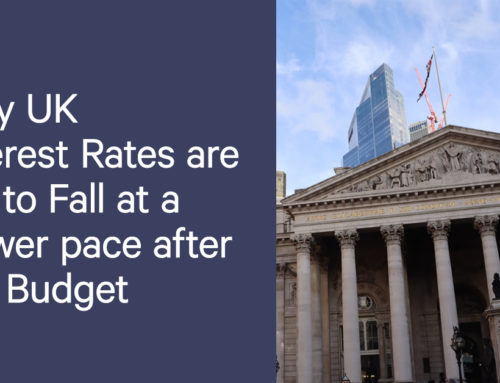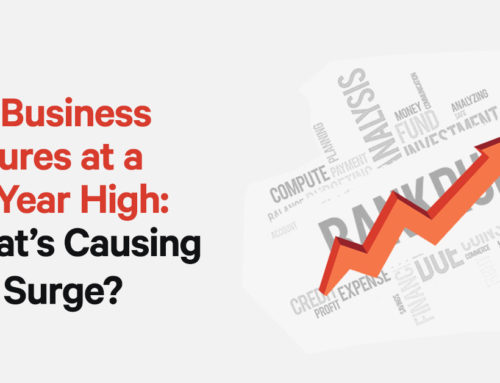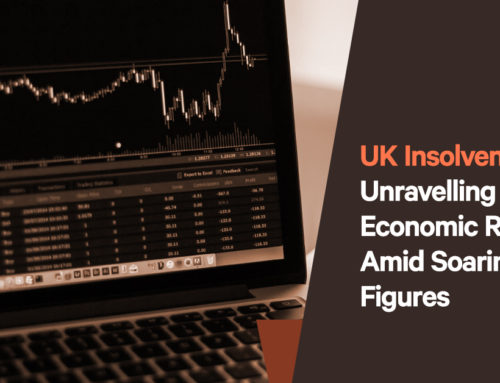Jamie Playford has today provided commentary for an article in the Eastern Daily Press which explores the impact of solar subsidy cuts on small firms. You can read the article here: http://goo.gl/pFJpfk
At this stage, Ministers are proposing to reduce the feed in tariff (FIT) for small scale solar panel installations from 12.47p per kilowatt hour to just 1.63p per kilowatt hour from January. This reduction will clearly impact businesses working within the solar energy industry, forcing some to close entirely.
Leading UK are currently working with three East Anglian firms to provide restructuring and diversification advice in an attempt to preserve the life of the businesses and avoid otherwise inevitable redundancies.
An owner of one of these businesses said today “We are a small firm and a large proportion of our business was solar PV installations, however this has already decreased dramatically. The reduction in the feed in tariff will mean the average person who wants solar panels on their home will not make their installation costs back for many years, meaning it is now uneconomical as an investment, so only die-hard environmentalists will pay for a system to be installed. As a result of the changes coming in next year, we will have to lay off 6 staff and change our business model to move back to traditional electrical work, which we used to do before solar took off and allowed us to grow. It’s really disappointing and we know of other people in our industry who this will also effect.”
Jamie commented “The government is reducing the subsidy in early 2016 for people that wish to install solar panels. The reason the government has given is that the solar industry can now stand on its own feet and does not require such heavy subsidising. However, it is clear from the voices in the industry that this may have a much bigger impact than envisaged.
The subsidy was last reduced in 2012. Before that, a standard system on a home, that cost around £7,000, would give a return over around 7 years. After the 2012 reduction, this extended the investment payback period to around 12 years. However, after this proposed reduction, the payback period will be decades, making it unattractive for many homeowners.
It is worth pointing out that this will not affect those who have already had their solar panels installed.
A larger potential problem is in the commercial sector. I was involved in advising a number of companies after the 2012 tariff reduction that dealt with large-scale installations, where often the equipment was paid for by investment companies, in return for the subsidised returns. Those restructurings involved dozens of job losses and I can see this change being much worse on jobs than before as the investment companies will no longer fund those large-scale installations.”
Even as early as last week, one of the country’s largest commercial solar panel installers, Marks Group, folded with a resulting 900 job losses in Leicester with another 200 at risk if a buyer cannot be found.”
If your business is impacted by the impending changes, get in touch today to see how we can help you.






